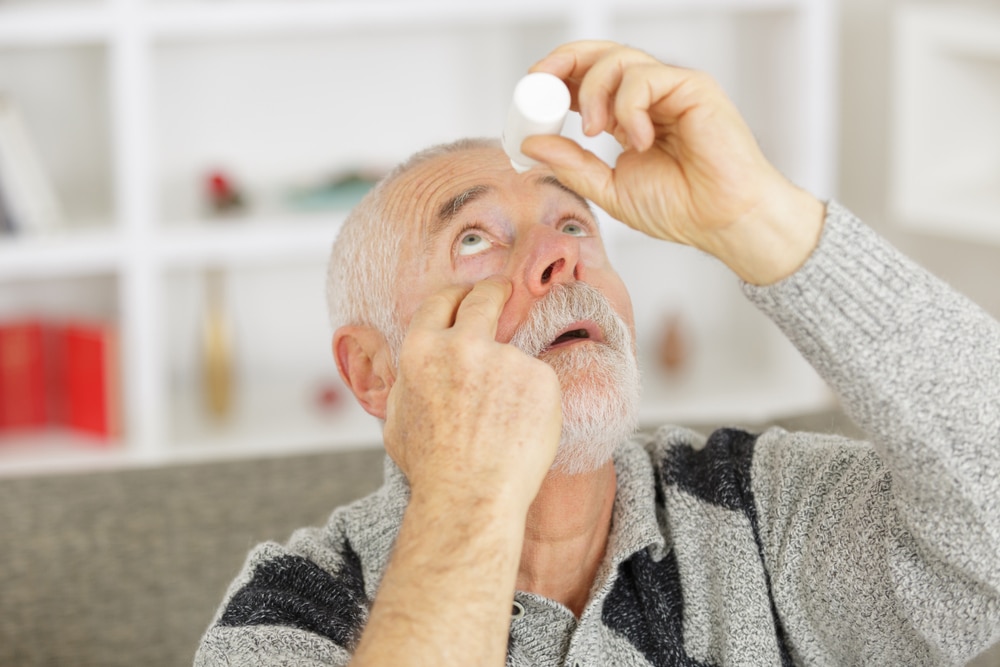Do you have cataracts? Are you noticing vision changes due to cataracts? It may be time to consider cataract surgery.
If you’re planning on having cataract surgery, you may be concerned about the recovery process. Recovery after any procedure can be daunting, but the good news is that cataract surgery recovery is fast, and discomfort is minimal.
Cataract surgery is one of the most commonly performed procedures in the world and is quick and minimally invasive. Most patients are able to get back to their normal activities within just a day or two after the procedure.
Knowing what to expect after having cataract surgery is still helpful, though. Following your post-surgical care instructions is also vital to fast and easy recovery.
Keep reading to learn more about what recovery is like after cataract surgery and how to best prepare for your procedure.
Right After Cataract Surgery
Cataract surgery takes about 10-20 minutes to complete. If you receive a sedative, it may take about 30 minutes before it wears off.
Your eyes will be numbed with eye drops so you won’t feel anything during the procedure. After the procedure, the numbing eye drops start to wear off, so you may begin to feel some discomfort.
You are not allowed to drive yourself home after cataract surgery, so make sure to find a trusted friend or family member to take you home after the procedure. At first, your vision will be a little blurry due to the new IOL in your eye.
Your eye needs time to get used to the IOL, but this should steadily improve over the following days. You’ll also be sent home with an eye shield over the eye that you had cataract surgery on.
Your cataract surgeon at Traverse City Eye may tell you to wear it for the rest of the day and night, but instructions may vary. It’s essential to follow the directions given to you after the procedure.
When You Get Home After Cataract Surgery

On the first day after cataract surgery, relaxing and resting your eyes is best. A nap or lying down and listening to music, audiobooks, or podcasts is a good idea.
You’ll sleep with your eye shield on but will likely be able to take it off in the morning. As the numbing eye drops wear off, you may feel some mild discomfort.
Your eyes may be bloodshot, watery, or feel like they have grit in them. It’s important to leave your eyes alone and not rub them.
If you experience eye irritation, it should subside within a day or two as you use your prescribed eye drops. These eye drops are antibiotic and anti-inflammatory, so they aid in the healing process.
If your eyes are very irritated, your eye doctor may advise you to use over-the-counter medications like acetaminophen and artificial tears. However, be sure to get any medication, prescribed or over-the-counter, approved by your cataract surgeon before taking it.
Follow-Up Appointment
You’ll have your follow-up appointment the day after the procedure. You’ll need someone to drive you to the appointment, but you may be cleared to drive by your eye doctor at the appointment.
Your eye doctor will examine your eyes to ensure they are healing well. They’ll also give you further instructions on when you can get back to normal activities.
You should be able to do most of your daily tasks right away. However, your eye doctor will probably tell you to avoid strenuous exercise, swimming, and wearing eye makeup for a few weeks.
They’ll tell you how long to keep up with your prescribed eye drops and answer any questions you may have about recovery.
The Days Following Cataract Surgery

After your follow-up visit, be mindful to refrain from any activities your eye doctor has advised against. Use your eye drops as instructed.
You may be given a chart to help track when you take your eye drops. You can also use an alarm to remind you when to take your eye drops to be sure you’re taking them as often as you should.
If you are experiencing eye discomfort, it should dissipate within a few days. Once the irritation has stopped, make sure that you continue not to rub your eyes.
You will likely need to sleep with your eye shield on for a week. You should also avoid getting soap or water in your eyes when showering.
Wear sunglasses whenever you go outside, even if it isn’t sunny. Your eyes will likely feel normal quickly, but it’s important to remember they’re still healing.
The Weeks Following Cataract Surgery

Your eyes should be healed fully within 2-4 weeks, although they’ll feel normal before this time. You likely won’t have to take as many precautions after the first week or two.
Cataract surgery is usually performed separately on each eye. If you need cataract surgery on both eyes, your cataract surgeon will wait to perform the procedure until the first eye has finished healing.
Once you’ve finished healing, enjoy your improved vision unimpaired by cataracts! If you select a premium IOL, you may even achieve better vision than you had before.
Is it time for you to consider cataract surgery? Schedule an appointment with Traverse City Eye in Traverse City, MI, today!
